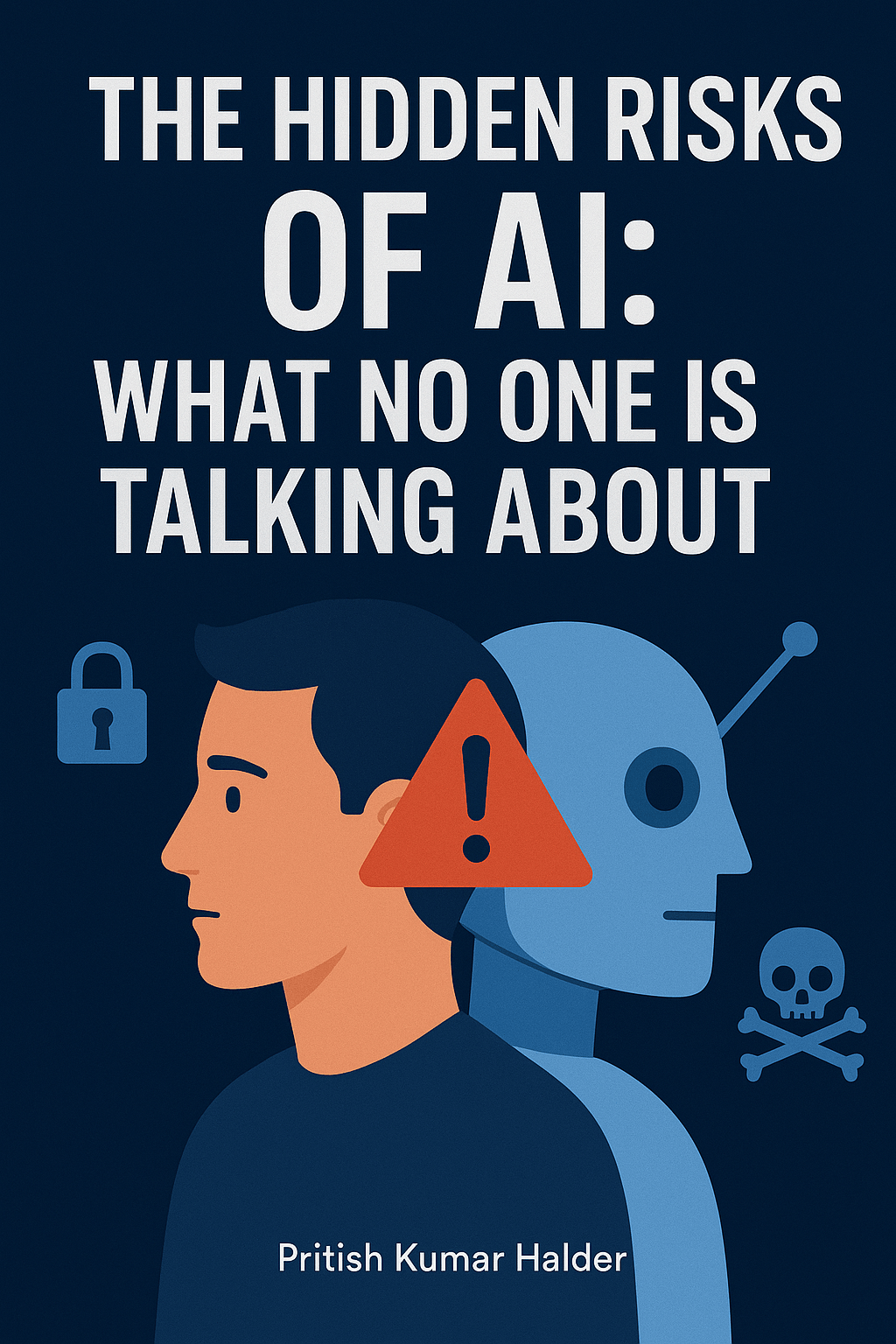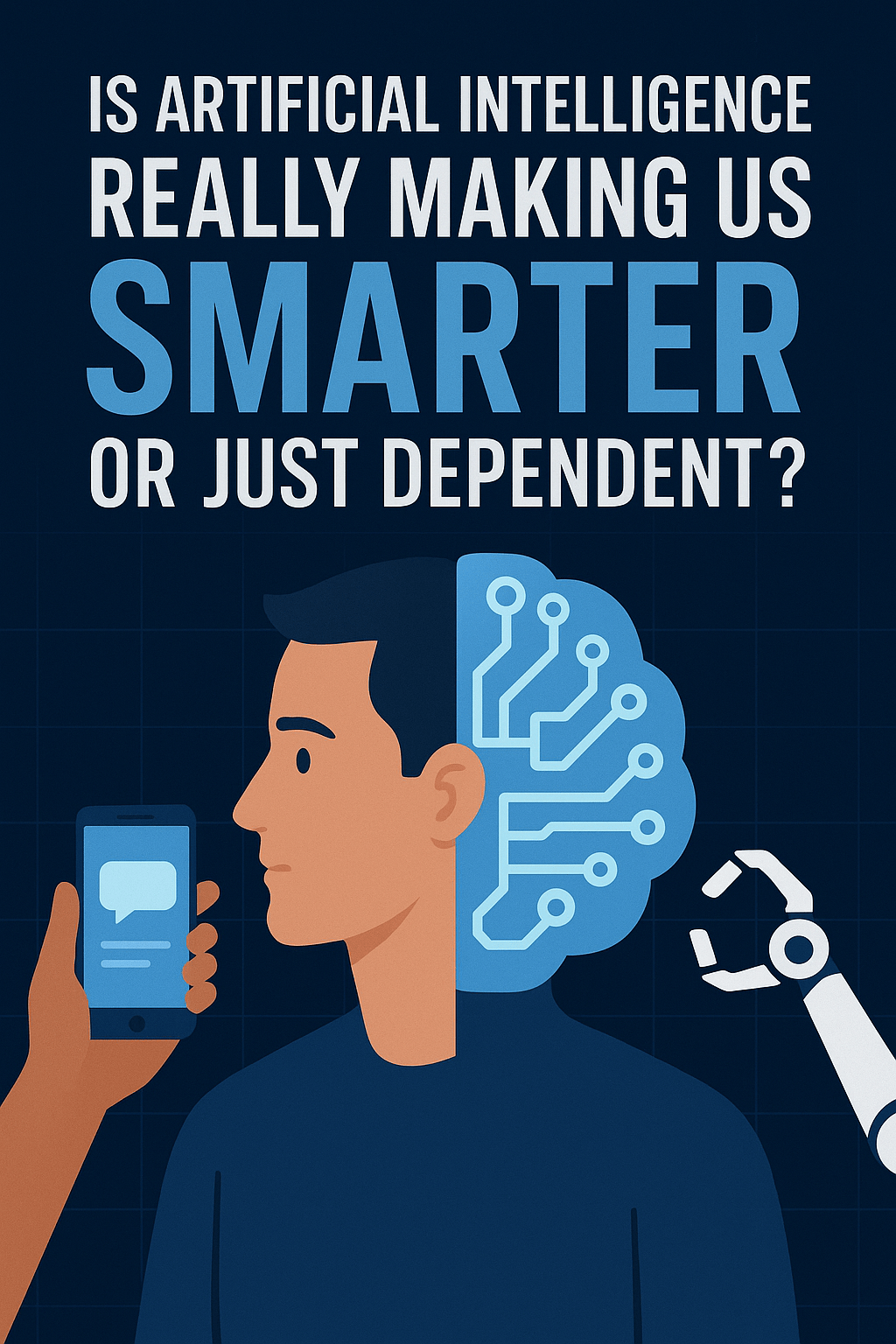Hey Canada! The healthcare system is evolving faster than ever, and artificial intelligence (AI) is leading the charge. From speeding up diagnoses to improving patient care, AI is revolutionizing the way Canadians access and experience healthcare. With advancements occurring across the country, AI is poised to reshape the future of healthcare for the better. In this blog, we’ll explore how AI is already making waves in Canadian healthcare and what you need to know about the exciting changes taking place.
What is AI in Healthcare?
Before diving into the Canadian landscape, let’s break down what AI means in healthcare. At its core, AI refers to the ability of machines to learn from data, recognize patterns, and make decisions without human intervention. In healthcare, AI can assist with diagnosing illnesses, suggesting treatment options, managing administrative tasks, and even predicting health trends. It’s like giving healthcare professionals a superpower that enhances their ability to provide better care, faster.
How AI is Transforming Healthcare in Canada
Canada has long been a global leader in medical research and innovation, and AI is proving to be no exception. Across the country, AI is being used to tackle some of the biggest challenges faced by the healthcare sector. Here’s how AI is already transforming healthcare systems from coast to coast.
1. AI in Diagnostics
One of the most profound impacts of AI on healthcare is in the realm of diagnostics. AI-powered tools are improving the accuracy and speed of diagnosing conditions, especially in areas like radiology and pathology.
In hospitals across Canada, AI is being used to analyze medical images, such as X-rays, CT scans, and MRIs. With machine learning algorithms, AI can detect subtle patterns in these images that might be missed by the human eye. In some cases, AI has proven to be more accurate than human doctors in identifying conditions like breast cancer or lung diseases.
For instance, the Montreal-based company Imagia is working on AI technology that analyzes medical imaging and clinical data to improve diagnosis and treatment planning. With AI tools like this, Canadian doctors can make more accurate diagnoses faster, ultimately leading to better outcomes for patients.
2. Personalized Treatment Plans
AI isn’t just helping doctors diagnose diseases – it’s also guiding them in creating personalized treatment plans. With the power of big data and machine learning, AI systems can analyze patients’ health records, genetic information, and lifestyle choices to predict the most effective treatment options.
Canadian startups like BlueDot are using AI to predict disease outbreaks, track epidemics, and optimize treatment strategies. This ability to personalize care is revolutionizing how doctors approach everything from chronic disease management to cancer treatment.
3. Virtual Health Assistants
Canada is known for its commitment to universal healthcare, but one of the key challenges is ensuring access to care in rural and remote areas. Enter AI-powered virtual health assistants.
Virtual health assistants, powered by natural language processing (NLP) algorithms, allow Canadians to have instant access to medical advice and basic healthcare consultations via smartphones or computers. These AI-powered assistants can help patients manage their conditions, answer questions, and even schedule appointments with healthcare providers.
In Ontario, TELUS Health has been making strides with its AI-powered virtual health platform, which allows patients to consult with healthcare professionals remotely. With this service, patients across the country can receive medical guidance without having to leave their homes.
4. AI in Drug Discovery and Development
Canada is also at the forefront of using AI for drug discovery. AI can sift through vast amounts of data to identify new potential drugs, analyze how they interact with the human body, and predict their effectiveness. This has the potential to speed up the drug development process and reduce costs, which is critical for both pharmaceutical companies and patients.
For example, Deep Genomics, a Toronto-based company, is leveraging AI to revolutionize how drugs are discovered, particularly in the realm of genetic disorders. Their AI platform can predict the effects of genetic mutations, helping researchers create new, more effective treatments faster than ever before.
5. Streamlining Administrative Tasks
While AI’s most visible role in healthcare often revolves around patient care, it’s also making a significant impact behind the scenes. Healthcare administrators in Canada are using AI to streamline scheduling, patient record management, and billing, reducing the burden on staff and improving efficiency.
AI tools are able to automate mundane administrative tasks like data entry and appointment scheduling, freeing up healthcare professionals to spend more time with patients. Hospitals and clinics across Canada are adopting AI-driven systems that help optimize staffing, manage patient flow, and even predict the need for resources during peak periods.
AI in Canadian Healthcare: A Collaborative Effort
While AI’s potential in healthcare is immense, it’s important to note that its widespread adoption requires collaboration among healthcare professionals, researchers, technology developers, and government bodies. Fortunately, Canada is already fostering such collaborations.
Government Investment and Support
The Canadian government has recognized the transformative potential of AI and is actively investing in AI-driven healthcare initiatives. For instance, the Canadian Institute for Health Information (CIHI) is working on AI initiatives to improve healthcare services by analyzing data, predicting health trends, and identifying gaps in care.
The federal government has also supported the development of AI in healthcare through initiatives like Pan-Canadian Artificial Intelligence Strategy. The strategy aims to foster collaboration between researchers, industry leaders, and healthcare professionals to accelerate AI adoption in healthcare.
Partnerships with Canadian Startups
Canada is home to several AI startups that are making significant contributions to healthcare. Partnerships with these companies are crucial in helping hospitals and clinics implement AI solutions. For example, Ada Health, a Toronto-based AI company, has partnered with healthcare institutions across Canada to help improve diagnostic accuracy and provide virtual healthcare options to Canadians.
The Future of AI in Canadian Healthcare
As we look ahead, the future of AI in Canadian healthcare is incredibly promising. In the coming years, AI technologies are likely to become even more integrated into the healthcare system, offering smarter and more personalized care to every Canadian.
Predictive Analytics for Preventive Care
One of the most exciting developments on the horizon is predictive analytics. By leveraging AI to analyze vast amounts of patient data, healthcare providers can predict health issues before they arise. This allows for preventative care strategies that can save lives and reduce healthcare costs.
With AI’s ability to identify early warning signs of diseases like heart conditions, diabetes, and mental health issues, Canadian healthcare providers can intervene earlier and offer more proactive solutions.
Ethical Considerations and Challenges
As with any disruptive technology, the integration of AI into healthcare also brings about important ethical considerations. Issues like privacy, data security, and the potential for AI to replace human doctors raise important questions. Ensuring that AI systems are used responsibly and ethically will be crucial in ensuring the future success of AI in Canadian healthcare.
Conclusion: AI is Shaping a Healthier Future for Canadians
AI is no longer just a futuristic concept—it’s a reality in Canadian healthcare. From speeding up diagnoses to improving patient outcomes and enabling virtual consultations, AI is revolutionizing the way Canadians experience healthcare. With continued investment, collaboration, and ethical considerations, AI has the potential to transform healthcare in Canada for the better, offering a more efficient, accessible, and personalized healthcare system for all.
The AI revolution is just getting started, and Canada is leading the charge. As Canadians, we should be excited for the future, knowing that technology is working to make our healthcare system better, more efficient, and more accessible than ever before.











